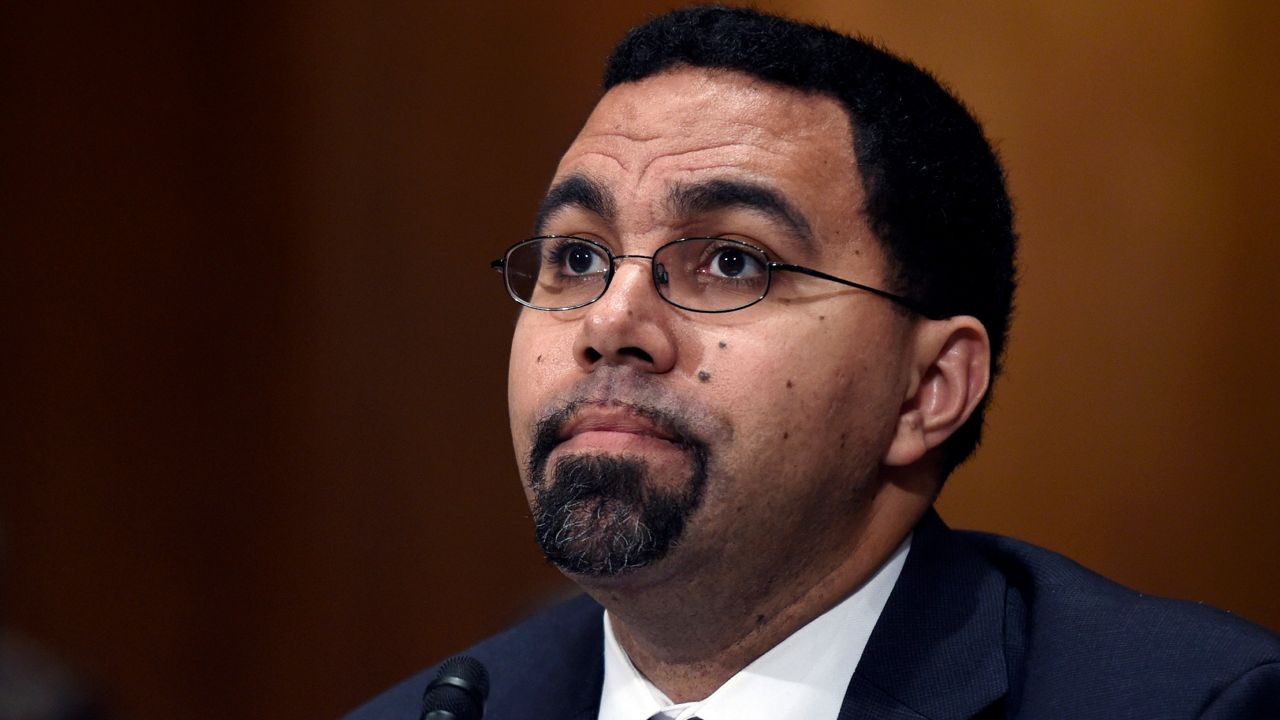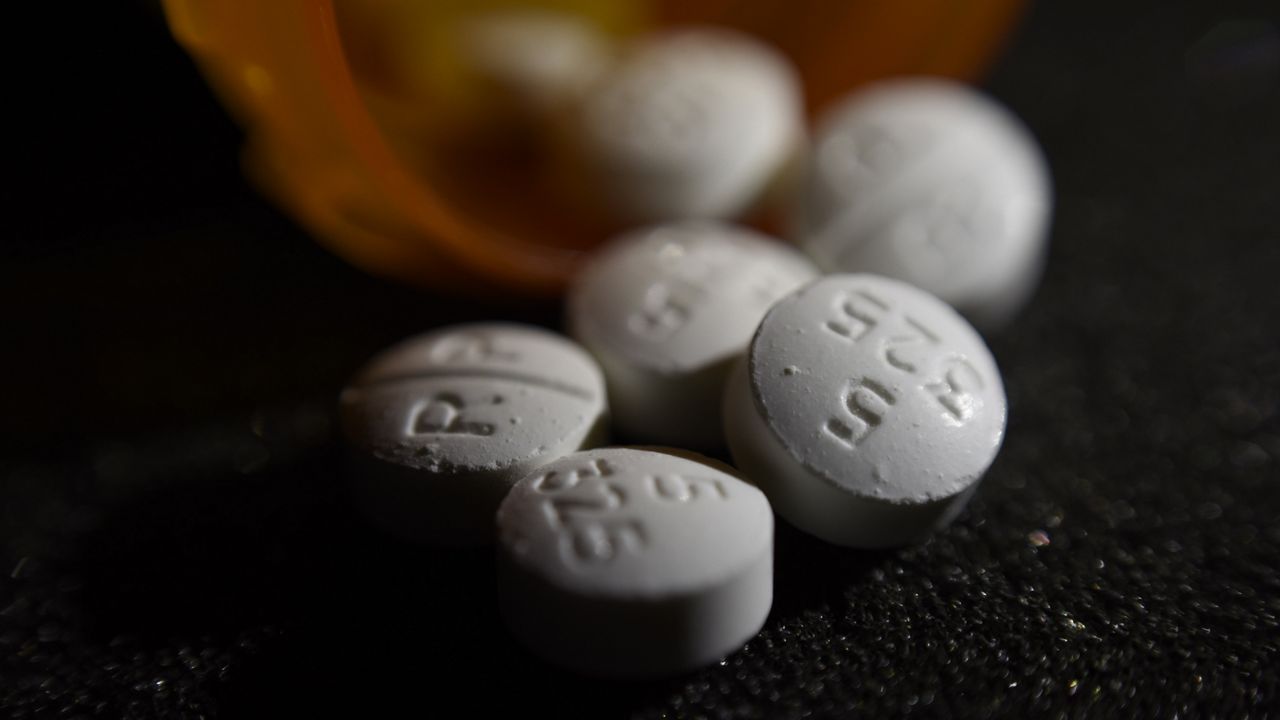The smiles and laughter you see from Barbara Zukose have come and gone over the years. She remembers, even as a child, struggling with depressive episodes.
“I started taking medication in my 20s, and then I had this experience where just the darkness just closed in,” said Zukose.
While many patients find symptom relief with anti-depressant medications, according to a study published in DovePress, 10% to 30% of patients do not respond to antidepressant treatment for a major depressive disorder.
“I heard about TMS,” said Zukose. “I had no idea what it was. At that point, I had nothing to lose. I was really in a bad place.”
Transcranial Magnetic Stimulation therapy, or TMS, is for patients like Zukose who have not responded to traditional treatments or who have experienced negative side effects.
Psychiatrist Dr. Griffan Randall recently expanded her practice, partnering with Clearwave Mental Health in Latham to offer the treatment. Clearwave TMS also has locations in Valhalla, Poughkeepsie, Middletown, Nanuet and Garden City.
"A lot of the patients that we see are ones that have already gone through a lot of medication trials and they've either failed because they haven't had full symptom response or they haven't been able to tolerate the side effects of these medications,” said Randall.
TMS is a non-invasive treatment using magnetic fields to stimulate specific areas of the brain. Rather than a medication that treats an entire system, TMS can specifically treat targeted areas.
"We use a really specific way of cortical mapping by putting a cap on someone's head to anatomically look for specific regions, for example, what's called the dorsolateral prefrontal cortex,” said Randall. “That's a really common treatment site that we're able to map with 99% accuracy."
On average, it takes 36 sessions of about 10 to 45 minutes. Randall says 80% of patients get symptom improvement and 50% go into symptom remission.
"My hope would be, with how robust this data is, that there may be a time when this can actually be a first line treatment because the results are just so profound,” said Randall.
For Zukose, those profound results are deeply personal.
While the changes felt subtle to her at first, her husband noticed improvement when she started singing again while doing everyday tasks.
Zukose says she’s grateful for every day she feels like herself again.
“I will honestly say that TMS gave me my life back,” said Zucose. “There have been times where on a new medication it takes weeks. Sometimes you don't have that kind of time and you have to go to work and be normal. You have to be with your family and be normal. You have responsibilities. You have things you need to do. The world doesn't stop because you feel bad, and so the sooner you can get to feeling like yourself again, wow, why do anything else?"











